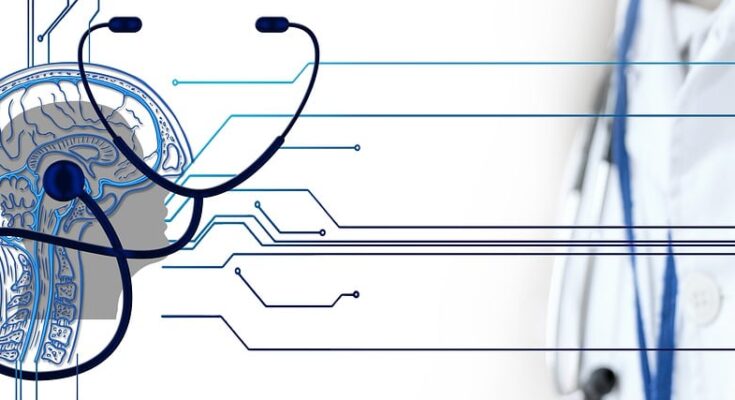- Migraine
Causes:
- Hereditary factors
- Melodramatic change
- Stress and anxiety
Certain foods and drinks (e.g., caffeine, alcohol)
2. Symptoms:
- Intense, throbbing headache
- Sensitivity to light and noise
- Nausea and vomiting
- Visual disturbances (aura)
Treatment:
- Medication: pain relievers, triptans and preventive drugs
- Change of lifestyle: stress management and avoiding triggers
- Sleep should be regularised
2. Meningitis
Causes:
- Viral, bacterial, or fungal infection
- Infections from injuries or operations
Symptoms:
- Severe headache
- Fever and chills
- Stiff neck
- Nausea and vomiting
- Sensitivity to light
Treatment:
- Antibiotics for bacterial meningitis
- Antiviral drugs for viral meningitis
- Pain relievers and supportive care
3. Brain tumors
Causes:
- Genetic mutations
- Exposure to radiation
- Uncertain factors of environment
Symptoms:
- Persistent headaches
- Seizures
- Memory problems
- Altered vision or speech
- Loss of balance
Treatment:
- Surgery, excision
- Radiotherapy
- Chemotherapy
- Targeted drug therapy
4. Stroke
Causes:
- High blood pressure
- Ischemic stroke: dies suddenly when blood clot blocks arteries
- Hemorrhagic stroke: dies suddenly, with bleeding in the brain
Symptoms:
- Sudden numbness or weakness, especially on one side of the body
- Confusion, trouble speaking
- Vision problems
- Loss of coordination
Treatment:
- Clot-busting medications (thrombolytics)
- In severe cases, surgery has to be done
- Rehabilitation (physical therapy, speech therapy)
5. Sinusitis
Causes:
- Viral, bacterial, or fungal infections
- Allergies
- Nasal polyps or structural issues
Symptoms:
- Facial pain and pressure
- Nasal congestion
- Headaches
- Postnasal drip
- Fever; depending on the cases, it could be normal or high
Treatment:
- Nasal decongestants
- Antibiotics (if bacterial)
- Steam inhalation
- Allergy management
Prevention and General Care
- Maintain a healthy lifestyle.
- Stay hydrated and avoid excessive caffeine or alcohol.
- Learn how to cope with stress through relaxation techniques.
- Observe proper hygiene to prevent infections.
- Report any persisting or serious symptoms to your doctor.
If disease is detected and treated early, complications may be avoided and the quality of life returns to normal. Consult with a health care professional to be diagnosed accurately and managed accordingly if you develop atypical symptoms.

